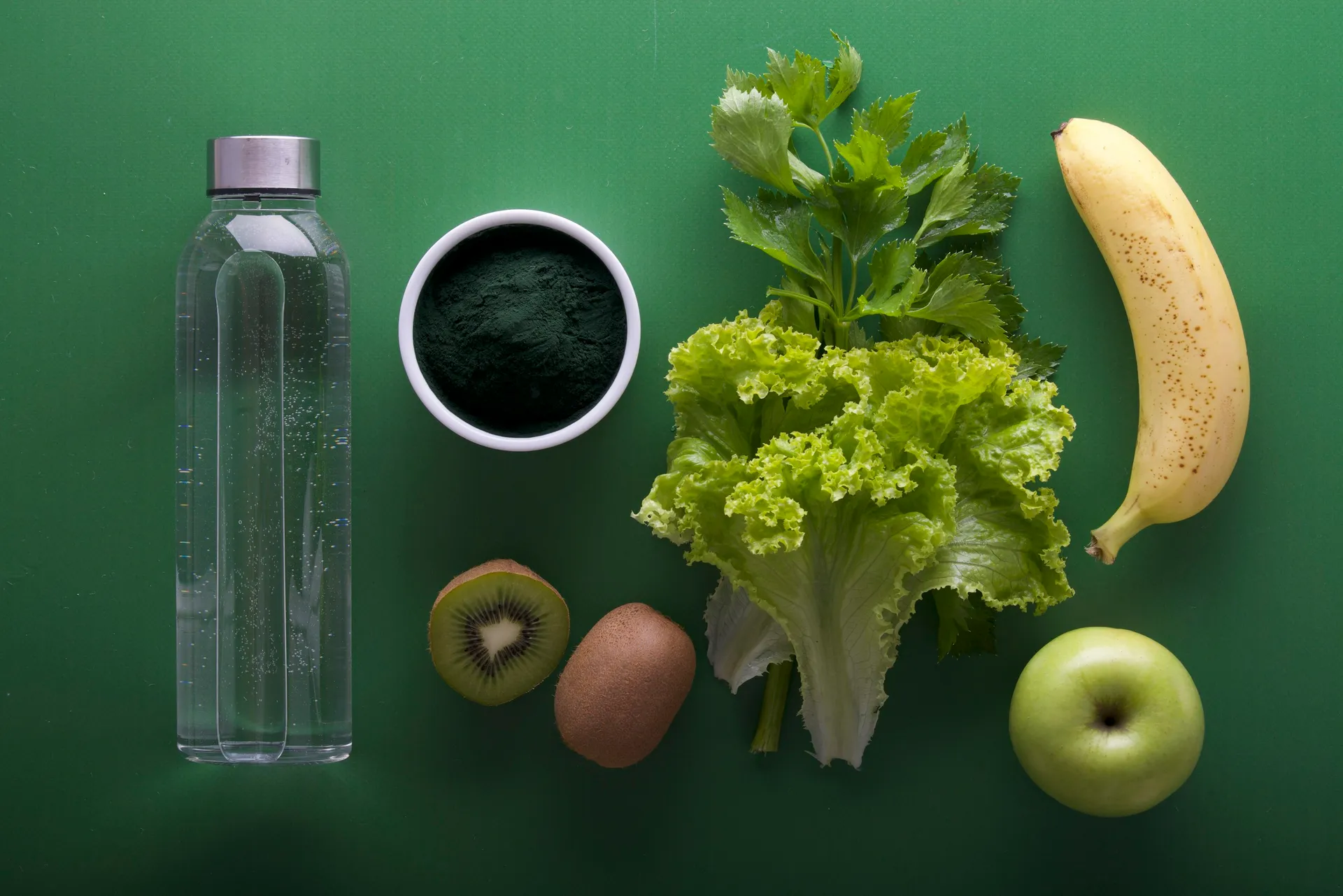The Connection Between Nutrition and Mental Health

What you eat doesn't just affect your physical health—it profoundly influences your mental well-being. As both a therapist and a committed vegan, I've witnessed firsthand how dietary choices can transform not only our bodies but also our minds and emotional resilience.
The Intricate Dance of Mind and Plate
Throughout my journey as a mental health professional and my personal path to plant-based living, I've been fascinated by the profound connection between what we eat and how we feel. The science is clear: our gut functions as a "second brain," producing many of the same neurotransmitters that regulate our mood and emotions. This gut-brain axis forms a crucial communication highway that influences our mental health in ways we're only beginning to understand.
My transition to a vegan lifestyle opened my eyes to how food choices affect not just our physical health, but our emotional well-being. While veganism isn't necessary for good mental health, the mindful eating practices and increased awareness of nutrition that often accompany plant-based living can contribute to better mental wellness.
Nourishing the Mind: Beyond Basic Nutrition
The relationship between diet and mental health extends far beyond simple nutrition. When we eat, we're not just feeding our bodies—we're providing the building blocks for neurotransmitters, supporting brain structure, and influencing inflammation levels that can affect mood and cognitive function. Whether you follow a plant-based diet or not, certain nutrients play crucial roles in mental health:
- Omega-3 fatty acids (found in flaxseeds, chia seeds, and walnuts)
- B vitamins (abundant in leafy greens, nutritional yeast, and whole grains)
- Vitamin D (through sunlight and fortified foods)
- Magnesium (present in dark chocolate, almonds, and spinach)
The Emotional Impact of Food Choices
In my practice, I've observed how our relationship with food often mirrors our relationship with ourselves. Mindful eating—paying attention to how different foods make us feel physically and emotionally—can be a powerful tool for mental health. This doesn't mean adhering to strict dietary rules, but rather developing an awareness of how food affects our mood, energy, and overall well-being.
A Personal Note on Food and Mental Health
As someone who has embraced both mental health advocacy and veganism, I understand that everyone's journey is unique. Whether you're exploring plant-based options or simply looking to improve your relationship with food, I'm here to support your path to better mental health through compassionate and personalized guidance.
Creating Sustainable Change
The path to better mental health through nutrition isn't about perfection—it's about progress. Start with small, manageable changes that align with your values and lifestyle. Listen to your body, practice mindful eating, and remember that every meal is an opportunity to nourish both body and mind.
A Holistic Approach to Mental Wellness
While nutrition plays a vital role in mental health, it's important to remember that it's just one piece of the puzzle. True mental wellness comes from a combination of factors: therapy, meaningful relationships, regular exercise, adequate sleep, and stress management. As your therapist, I'm here to help you explore how all these elements, including nutrition, can work together to support your mental health journey.